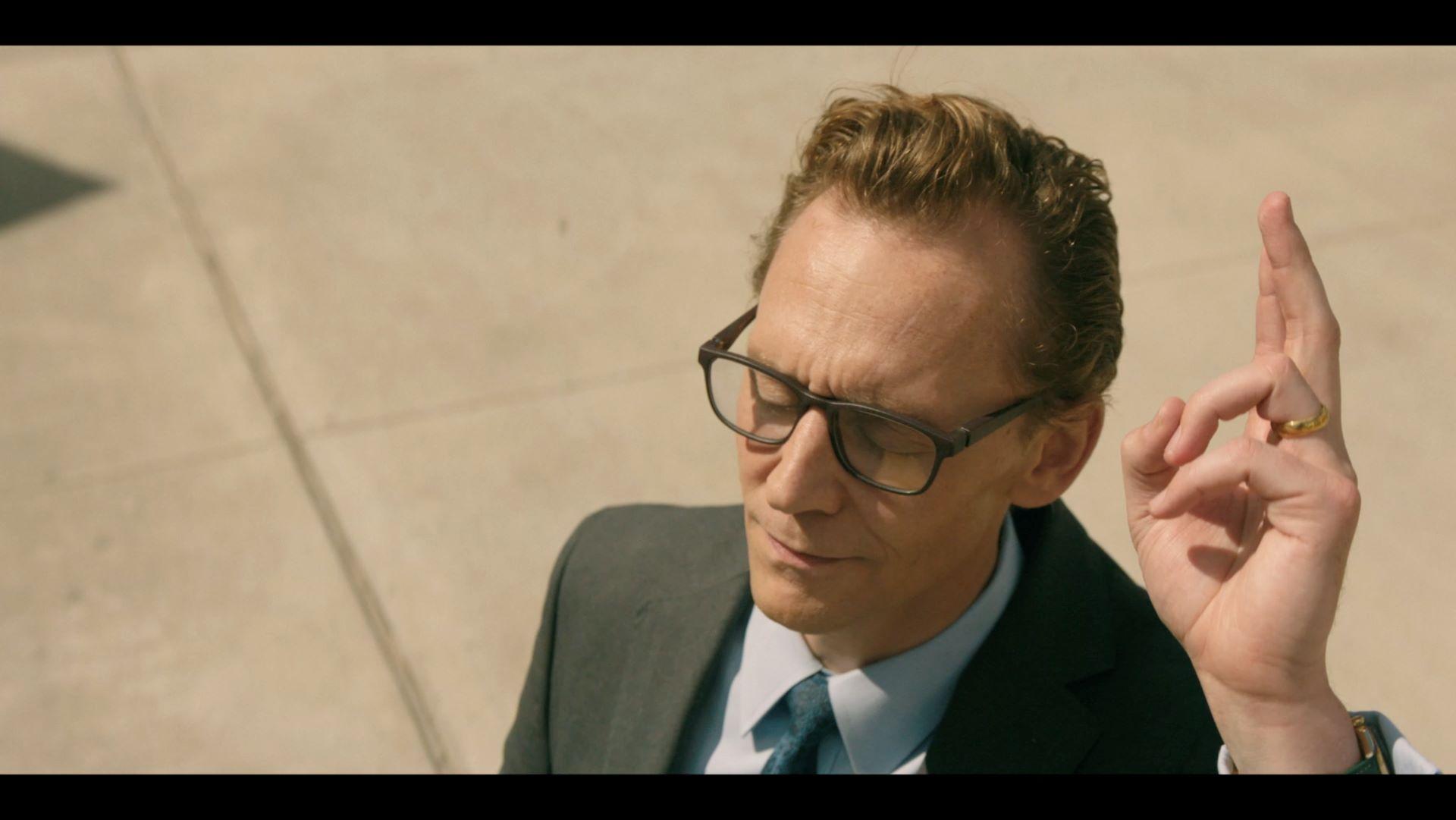
Your average moviegoer might be immediately scared away by the prospect of a Stephen King film, given the writer’s penchant for creating some of the most horrifying tales of modern horror. From “IT” to “The Shining” to “Carrie” to “Christine” to many many more, he’s definitely left a mark on the film and literary horror landscape. However, he’s also told many tales that are decidedly less horrific and even life-affirming, from “The Green Mile” to “The Shawshank Redemption” to “Stand by Me,” he’s no stranger to making life seem as magical just as much as he can make it seem horrific. Writer/director Mike Flanagan (“The Haunting of Hill House,” “Doctor Sleep”) is no stranger to adapting King’s works and he’s also now making a pivot to decidedly lighter works with an adaptation of King’s short story “The Life of Chuck.”
Told using a non-linear plot and narrated by Nick Offerman (“Parks and Recreation,” “Heart Beats Loud”), the film follows the titular Charles Krantz, played as a child by Benjamin Pajak, a teen as Jacob Tremblay (“Room,” “Wonder”), and as an adult by Tom Hiddleston (“Loki,” “The Night Manager”), as he grows up, highlighting various specific elements of his life, such as moving in with his grandfather Albie, played by Mark Hamill (“Star Wars,” “Batman: The Animated Series”), and grandmother Sarah, played by Mia Sara (“Ferris Bueller’s Day Off,” “Legend”), a high school dance, and dancing to a drumming busker Taylor with Janice, played by The Pocket Queen and Annalise Basso (“Oculus,” “The Red Road”), respectively. Meanwhile, part of the film features Chiwetel Ejiofor (“12 Years a Slave,” “Doctor Strange”) as schoolteacher Marty and Karen Gillan (“Guardians of the Galaxy,” “Jumanji: Welcome to the Jungle”) as nurse Felicia who both attempt to piece together who Chuck is after a billboard thanking him appears in their town.
Flanagan has made great strides in adapting this tale in as straightforward a way as possible. Not only are some sequences taken verbatim from the original short story, but the overall calm, almost ethereal nature of it all remains intact. The feeling that “The Life of Chuck” evokes is nothing sort of bizarre: it's a film that feels at peace rather than a peaceful film itself, like the feeling evoked when walking through a calm hospital hallway. It's certainly unique, but it can also feel too at ease, as if the film itself has no stakes. It certainly does, and it builds to an exceptionally interesting and life-affirming conclusion. But at the same time, it leaves one with a simple, pleasant feeling of “that was good” rather than any sort of strong, or even overwhelming emotion. The musical score, composed by The Newton Brothers (“Oculus,” “Doctor Sleep”), maintains that same level of quiet, peaceful ambience, almost like a ghostly whisper setting you at ease with a great deal of beauty.
The film is also shot with an exceptionally calm demeanor by cinematographer Eben Bolter (“Avenue 5,” “Tea with the Dames”), gliding between scenes and folding in different aspect ratios and colors schemes. Sometimes it embraces a dayglo atmosphere, sometimes it's more downtrodden and flat. It's an interesting aesthetic, but it prevents the film from really standing out in a specific way. It speaks to an unfortunate issue at the center of the project. For as sweet, calm, and life-affirming as the film is, it proves to be too much so. What starts as a unique balm for the soul kind of a film ends up being something too slight, too calm, that it fails to really register an impression in the viewer's mind.
The performances are excellent across the board. A cast of committed performers helps breathe life into a story that could have otherwise been considered remarkably melodramatic. Ejiofor and Gillan have excellent chemistry together in the first act, and for a mostly wordless dance-based second act, Hiddleston, Basso, and The Pocket Queen make up quite a trio. Hamill also turns in some of his best, most calming grandfatherly work of his career. It's a lot of very sweet, smiley performances that all come together to create a very warm embrace kind of ensemble.
There’s certainly something to be said for a film that seems to desire to be the complete inverse of a typical Hollywood project. Instead of seeking to excite or overwhelm, “The Life of Chuck” is a movie that might initially worry some, before slowly transitioning to a work meant to be a calming, self-affirming piece of cinema. It certainly does do exactly that, and it does so with great performances, gorgeous cinematography and music, and all-around excellent production quality. However, in doing so, it fails to make a true impact on the viewer besides simply residing in the realm of being a “nice time.” Which isn’t anything to sneeze at, but with a film that just seeks to accomplish, your mileage may vary. 4/5

No comments:
Post a Comment